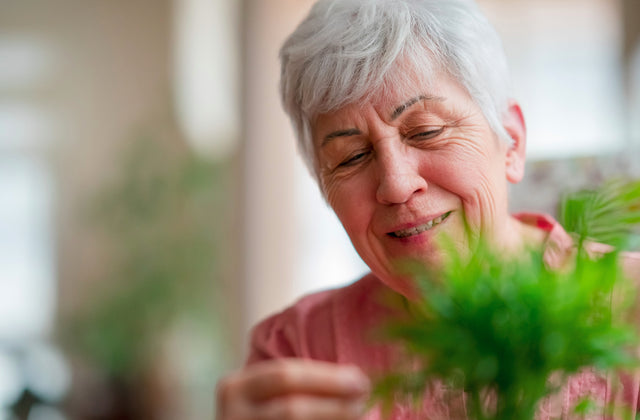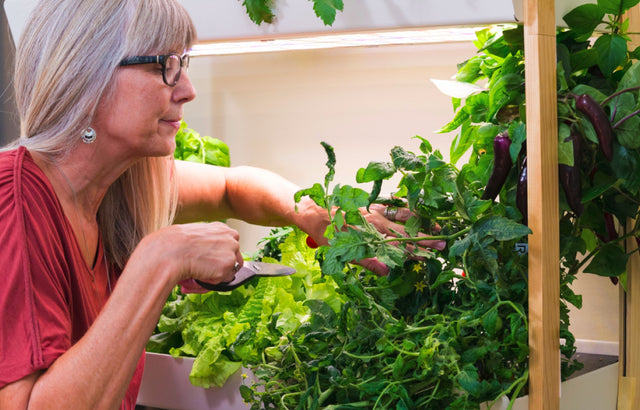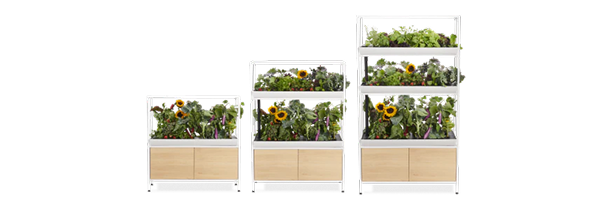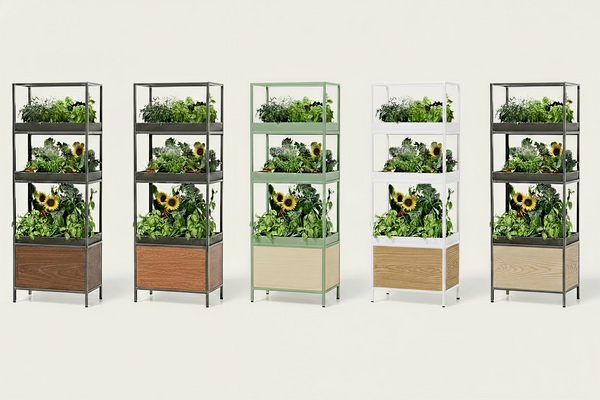We have good news for people who want to keep their minds sharp as they age! One study found that daily gardening may reduce the risk of dementia by up to 36%! But what about people who are already living with Alzheimer’s disease or another form of dementia? It turns out that therapeutic gardening, also known as therapeutic horticulture or horticulture therapy, can improve well-being in people with dementia. Keep reading to learn the benefits.
Calmer Lives
Including therapeutic gardening in memory care settings has been shown to have a positive effect on agitation and aggressiveness. Notably, these benefits were not realized by simply visiting a garden or viewing a nature scene.
Greater Engagement
Therapeutic gardening also keeps people with dementia engaged. This is beneficial for their cognitive health. Even if a person’s memory is impaired, people with dementia still enjoy activities they loved before their cognitive decline. Gardening is stimulating, easy to follow, and can be short enough to keep focus.

Fewer Falls
In one study, residents of a residential care facility who made use of a garden experienced 38.7% fewer falls after the garden was added (compared to before). 2 Staying physically active is beneficial at every age.
Improved Quality of Life
One group of nursing home residents experienced an improvement in their quality of life three months after a therapeutic garden was built compared to three months before. Everyone enjoys connecting to nature!

Better Sleep
It turns out that getting cozy with plants can improve sleep! In one study, significant improvements in sleep after gardening were observed. People woke up less, slept longer and had higher-quality sleep.
Rise Gardens are a great way to bring indoor gardening to memory care settings. They can be used as part of the therapy program year-round. They’ll encourage residents to connect with staff and volunteers during activities, and they’ll even yield flowers, herbs and veggies to use in the community. Consider bringing indoor hydroponic gardening to your senior care community. Contact us today to learn more.
1 https://pubmed.ncbi.nlm.nih.gov/16411871/
2 https://www.ncbi.nlm.nih.gov/pmc/articles/PMC8469939/
For more information contact us at education@risegardens.com



